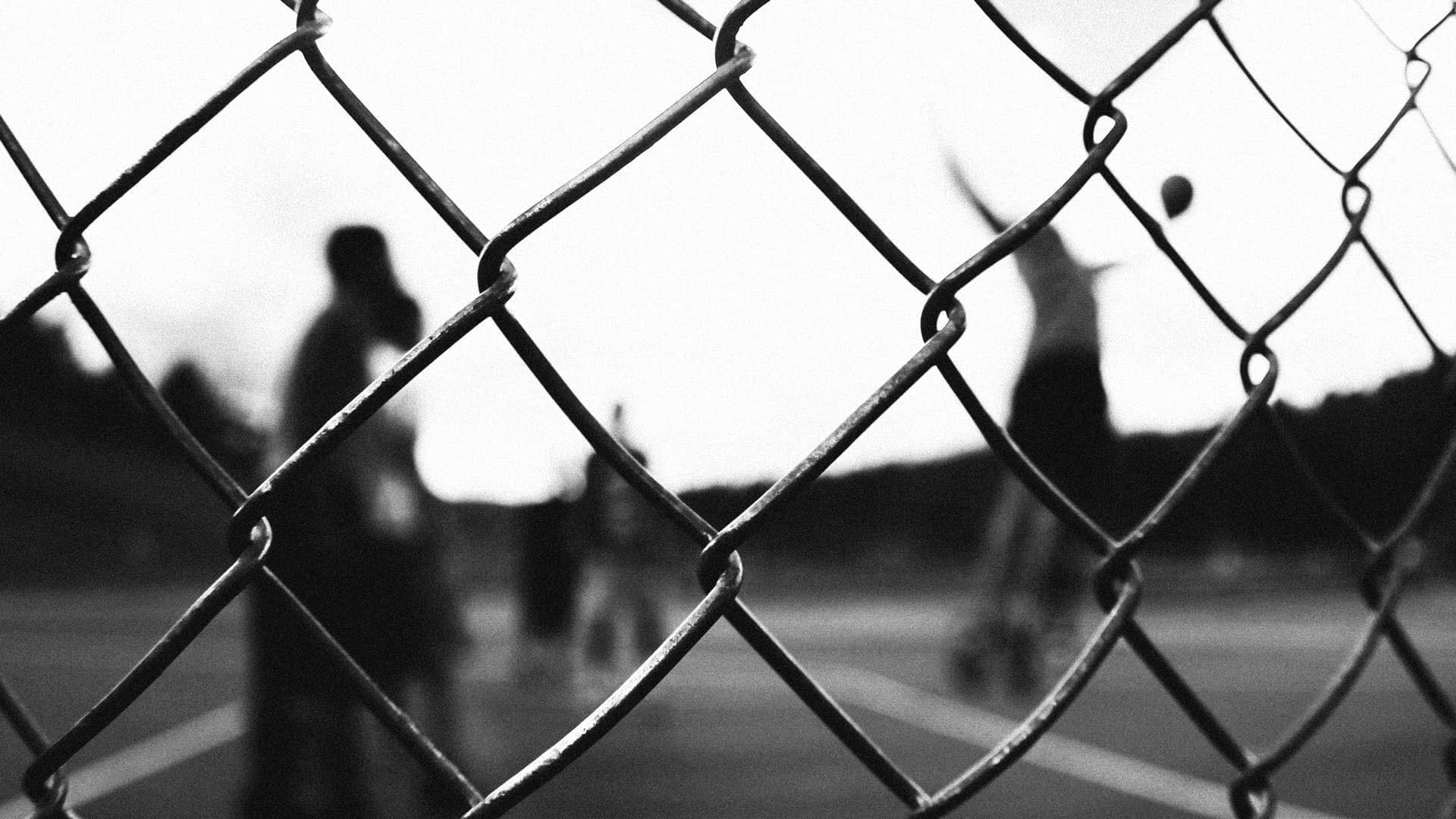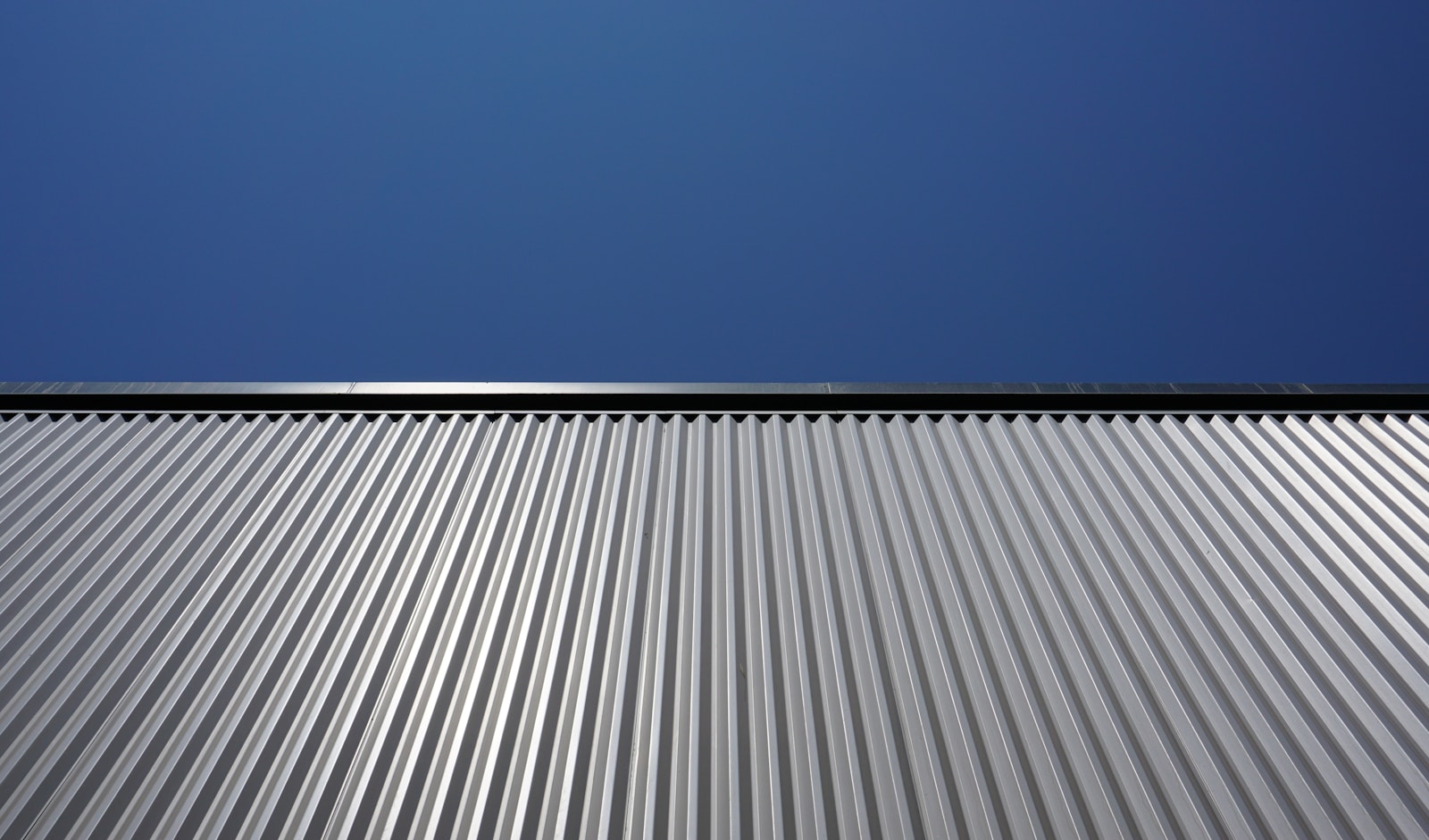Pakistan is known for its beautiful landscapes and rich cultures, but it also has really diverse weather conditions. Homeowners across the country deal with a variety of climate challenges ranging from the intense heat of Sindh to heavy rainfall in Punjab and the cold winters in northern regions. With all this changing weather, one of the biggest threats to houses is water getting in. This is why waterproofing roofs is not just a good idea, it’s essential for homes in Pakistan.
How Pakistan’s Climate Affects Roofs
Pakistan is home to four main climate types: arid, semi-arid, humid subtropical, and alpine. Each of these weather types creates certain challenges for building roofs.
- Arid and Semi-Arid Areas: Places like Balochistan and parts of Sindh often have very hot temperatures along with little rain, causing roofs to expand and crack. The strong sun also damages roofing materials over time.
- Humid Subtropical Areas: In regions like Punjab and southern Sindh, you will find hot and humid summers with heavy rains during the monsoon. This mix of moisture and warmth encourages the growth of mold and mildew, which can weaken roofs and lead to health issues inside the house.
- Alpine Areas: The cold winters in the north are marked by heavy snow and frost. Water can create cracks in roofs when it freezes; as it melts and freezes again, this cycle can cause serious leaks.
No matter where in Pakistan a home is located, roofs that aren’t properly waterproofed could allow water to cause damage. Water leaks lead to many concerns, such as:
- Structural Damage: Leaking water can weaken walls, foundations, and support beams, putting the entire building at risk.
- Mold and Mildew Issues: Moist environments can grow mold or mildew, which can contribute to allergies and other health problems.
- Damaging Interiors: Water leaks can stain walls and ceilings, ruin paint jobs, and damage furniture and carpets.
- Electrical Risks: Water might reach electrical wires or fittings, which can create dangers like short circuits or even fires.
- Higher Energy Bills: Wet insulation doesn’t work well, meaning heating and cooling your house might become more expensive.
The Importance of Roof Waterproofing
Roof waterproofing means putting on a protective barrier or system that stops water from getting into your house. This plays a key role in supporting a home’s structure against damaging rain, snow, and humidity.
There are many benefits to waterproofing roofs, such as:
- Stops Water Leaks and Damage: The main job of waterproofing is to form a moisture barrier so water can’t seep inside, helping to avert damage from mold or rot.
- Strengthens the Structure: By keeping out water, waterproofing helps ensure that your roof and home maintain their strength.
- Improves Indoor Air Quality: By preventing mold growth, you can breathe easier indoors and dodge health risks.
- Prolongs Roof Life: With a good waterproof system, roofs last longer, saving you money in the long run on repairs or replacements.
- Boosts Property Value: A sound, waterproof roof adds significant value to a home.
- Saves on Energy Costs: Preventing leaks helps keep insulation effective, lowering energy use.
Different Waterproofing Solutions for Roofs
There are several methods and materials available for waterproofing, each with unique pros and cons. Depending on your budget, roof type, and climate, different features may suit your needs. Here are some commonly used waterproofing solutions:
- Bituminous Membranes: Often made from asphalt, these come in forms like built-up roofing. They are sturdy, waterproof, and cost-effective, making them popular for flat roofs or those with lower slopes.
- Polyurethane Coatings: These create a flexible, seamless protective layer that adjusts to different roof designs. They are durable and resistant to ultraviolet light, ideal for varying climates.
- Acrylic Coatings: Like polyurethane, these also create waterproof coverage through a liquid application. Although less expensive, they might lack some durability.
- Cementitious Waterproofing: Involves applying a mix with cement to the roof that’s durable, fire-resistant, and affordable, making it suitable for concrete styles.
- Sheet Membranes: These are pre-made waterproof layers, such as PVC or EPDM rubber, that are fitted onto roofs for robust protection.
- Spray Foam Insulation: While primarily for thermal insulation, foam can help block water from entering through tight spaces too.
Picking the Right Waterproofing Contractor
Choosing a reputable waterproofing contractor is vital, ensuring that the job is carried out correctly and your roof is truly protected. Consider the following when selecting a contractor:
- Experience: Ideally, look for someone who has a strong history of successful waterproofing projects in Pakistan.
- Reputation: Check customer reviews and ask for feedback from former clients to determine the contractor’s standing.
- Licenses and Insurance: Confirm that the contractor has the right licenses and insurance, protecting you in case of accidents or damages.
- Materials and Methods: Understand what waterproofing materials and techniques the contractor plans to use to ensure they’re right for your roof.
- Warranties: Inquire about guarantees on both the workmanship and the materials used.
- Price: Gather estimates from multiple contractors and evaluate their offerings carefully. Remember, the lowest price isn’t always the best option.
Roof Power Enterprises (Pvt.) Limited provides commercial and residential waterproofing in Pakistan. With 18 years of expertise, they offer valuable solutions to meet various needs.
Maintaining and Inspecting Waterproofing
After applying waterproofing to your roof, it’s key to carry out routine inspections and maintenance to enjoy sense effective protection. This involves:
- Roof Cleaning: Clear away debris like leaves and dirt that could trap moisture or block drainage.
- Damage Checks: Regularly scan your roof for binges showing cracks or other types of wear.
- Quick Repairs: Deal with any issues quickly to avoid water reaching the inner sections of your home.
- Re-coating: Based on the system used, you may need to reapply waterproofing every few years to keep it effective.
Final Thoughts
Given the tough weather patterns across Pakistan, roof waterproofing services are vital for homeowners. By safeguarding your house from water infiltration, roofing waterproofing strengthens the structure, enhances your indoor environment, prolongs roof mechanical life, increases home value, and can lead to reduced repair costs. When you work with a credible contractor and closely follow ongoing maintenance, your roof can give solid protection for your home and loved ones.

